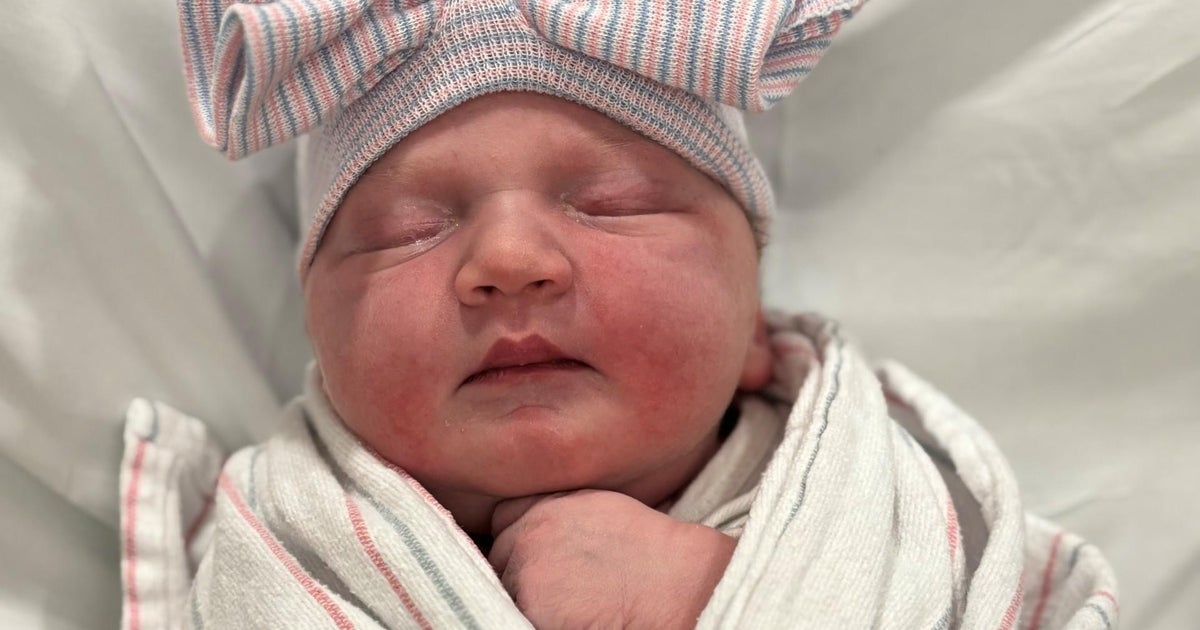Can I mix and match booster shots? Dr. Mallika Marshall answers your COVID questions
BOSTON - Dr. Mallika Marshall is answering your coronavirus-related medical questions. If you have a question, email her or message her on Facebook or Twitter.
Dr. Mallika is offering her best advice, but as always, consult your personal doctor before making any decisions about your personal health.
Gregg writes, "Why do we continue to push a vaccine that does NOT stop the spread and does NOT prevent you from getting the virus?"
Remember that the purpose of most vaccines is not to completely prevent infection, but to prevent disease. So, the COVID vaccines are still doing their intended job, which is to prevent severe illness and death in people who contract the coronavirus. Yes, the current vaccines are less effective at preventing infection with the Omicron variant, but people who are fully vaccinated and boosted who get infected with Omicron are MUCH less likely to have significant symptoms or life-threatening COVID-19 compared to the beginning of the pandemic when we didn't have vaccines to offer. And you're still less likely to get infected and spread the virus if you're fully vaccinated.
Craig from Marblehead says, "I had Moderna for my COVID-19 shots and booster, but the last two doses made me sick. Is it ok to get Pfizer for my second booster?"
Yes, you can mix and match the boosters. So, if you had Moderna for the initial two doses, you could switch to Pfizer for subsequent boosters. For anyone out there who has not yet gotten vaccinated, you should stick with the same manufacturer for dose #1 and dose #2 but for the boosters, you can switch brands.
Emma writes, "I had COVID a month ago. I am wondering if I can still carry it and spread it? If I have immunity, but am exposed, could I still give it to someone else?"
Most people are no longer contagious once 10 days has passed since the onset of symptoms. If you have had COVID, you can get it once more when your immunity starts to wane. That's not likely to happen for a few months. So, unless you catch the virus again, you are not a threat to others. If you develop symptoms again or think you may have been exposed again, you should test to make sure you're not infected and therefore contagious.




